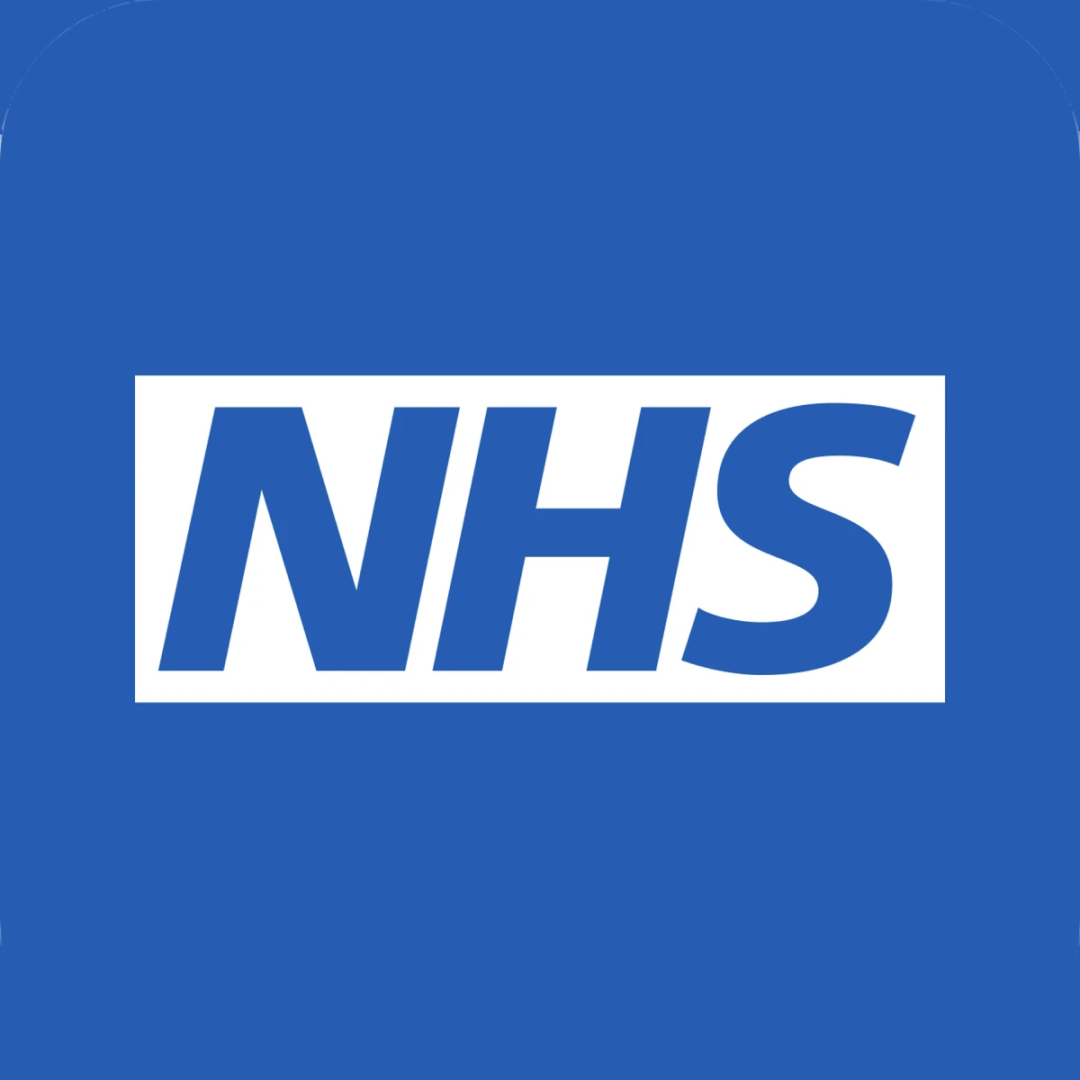
First newborn babies tested for over 200 genetic conditions as world-leading study begins in NHS hospitals
On Oct. 3, 2024, the National Health Service England (NHS) announced that Hundreds of babies have begun to be tested for over 200 rare genetic conditions as part of a world-leading study in NHS hospitals that aims to screen up to 100,000 newborns in England.
The pioneering study aims to identify conditions such as metachromatic leukodystrophy (MLD) in babies sooner, and could enable hundreds to benefit from earlier diagnosis and treatment that could help slow the progression of disease and improve or even extend their lives.
The Generation Study, led by Genomics England in partnership with NHS England, will see newborn babies offered whole genome sequencing using blood samples which are usually taken from their umbilical cord shortly after birth.
More than 500 blood samples have been taken from newborns as part of the study at 13 NHS hospitals across the country, with plans to scale up to around 40 hospitals. The sequencing identifies treatable, rare conditions shortly after a baby is born rather than when symptoms might appear later in childhood. This means families can access the right support, monitoring, and treatment from the NHS much earlier for these conditions.
The Generation Study will identify more than 200 conditions in otherwise asymptomatic babies where symptoms might not present until later in childhood. Early effective intervention can help to prevent longer term health problems associated with certain conditions, keeping children out of hospital, and helping them live healthier lives.
Expectant parents will be informed about the study during pregnancy, and if interested a research midwife will have a detailed conversation with them to decide if they want to take part. Shortly after birth, an NHS doctor, nurse or midwife will confirm with parents that they are still happy for their baby to be tested and a blood sample will be taken and sent to a laboratory for whole genome sequencing.
Results are then reviewed by NHS genomic scientists, with the aim of sharing with parents within 28 days if a condition is suspected or within a few months if no conditions are suspected. If a newborn baby is identified as having a treatable childhood condition through the genome sequencing, families and carers will be provided with further NHS testing to confirm a diagnosis, and ongoing support and treatment from the NHS.
Tags:
Source: National Health Service England
Credit:
